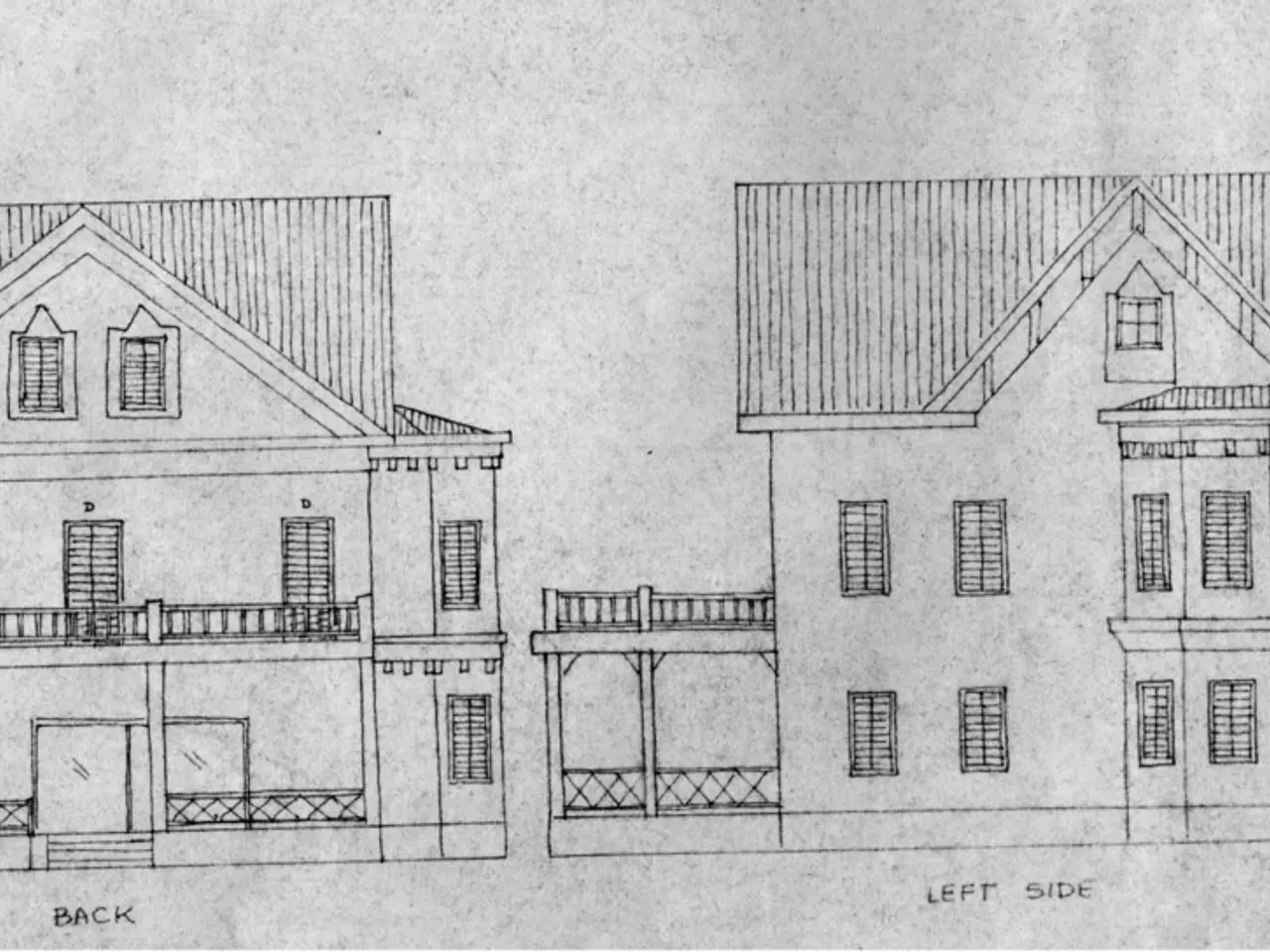Foreign law reform: Permission granted for property possession by non-Saudi nationals
Non-Saudis Allowed to Buy Property in Designated Zones Under New Saudi Real Estate Law
In a significant shift, non-Saudis are now permitted to acquire property or property rights only within specific geographic zones designated by the Saudi Council of Ministers, in coordination with the Real Estate General Authority (REGA). These designated zones are expected to include major urban areas such as Riyadh and Jeddah, among others [1][3][5].
Under the new Law of Real Estate Ownership by Non-Saudis, published on July 25, 2025, the Council of Ministers, based on recommendations from REGA, determines these geographic zones where foreign ownership is allowed [1][3]. The exact boundaries and detailed regulations for these areas have not yet been published but are expected alongside the regulation implementing the new law within 180 days of its publication [1][4].
Key points regarding the geographic zones and restrictions:
- Outside these designated zones, foreign ownership is generally prohibited for non-Saudis, with limited exceptions [1][3].
- Muslim non-Saudi individuals may own residential property in the cities of Makkah and Madinah under strict conditions specified in the regulation [1][2][3][5].
- Foreign companies or entities have more restricted rights, and ownership in these holy cities remains tightly controlled [1][2][3][5].
- The previous ban on property ownership for GCC nationals in Makkah and Madinah has been lifted, aligning their rights with other non-Saudis under this new framework [2].
Opportunities for Foreign Investors
The new law opens opportunities for new investments in Saudi real estate, particularly in residential, commercial, and mixed-use projects across the Kingdom's emerging zones. Foreign-owned business entities can acquire real estate necessary for their business activities and to house their employees, including within the designated zones and even in Makkah and Madinah [6].
Detailed Implementing Regulations, expected by January 2026, will elaborate on procedures for registration, fee mechanisms, the exact geographic boundaries of allowed zones, and conditions on various property rights [7]. The Council of Ministers has the flexibility to expand the definition of "non-Saudi" as needed under the regulations [8].
Compliance and Penalties
All real estate purchases or rights acquisitions by non-Saudis must be registered with the competent authority and recorded in the national Real Estate Registry to be legally effective [9]. Violations of the new law can result in hefty fines of up to SAR 10 million (~USD 2.67 million) per offense, and in severe cases, a forced sale of the property may be ordered [10].
Foreign Diplomatic Missions and International Organizations
Foreign diplomatic missions and international organizations accredited in Saudi Arabia are explicitly allowed to own premises for official use, subject to approval by the Saudi Ministry of Foreign Affairs and reciprocity [11].
As the new law takes effect, companies and investors should evaluate their existing real estate portfolio and future plans in Saudi Arabia to ensure compliance with the new ownership framework and registration requirements. The detailed Implementing Regulations, coming soon, will provide further clarity on the new real estate landscape in Saudi Arabia.
- The new law allows non-Saudis to acquire property rights within geographic zones determined by the Council of Ministers, working with REGA, and these zones may include urban areas like Riyadh and Jeddah.
- The Council of Ministers determines these zones based on the recommendations from REGA under the new Law of Real Estate Ownership by Non-S Saudis.
- Outside the designated zones, foreign ownership is mostly prohibited for non-Saudis, but there might be some exceptions.
- International investors can now explore opportunities in Saudi real estate, including residential, commercial, and mixed-use projects in the Kingdom's emerging zones.
- Foreign investors can acquire property necessary for business activities and housing employees, even within designated zones and in Makkah and Madinah.
- The Implementing Regulations, expected by January 2026, will provide more information on registration, fee mechanisms, geographic boundaries, and conditions for various property rights.
- The Council of Ministers has the authority to revise the definition of "non-Saudi" under the regulations as needed.
- Violations of the new law, such as property purchases or rights acquisitions by non-Saudis without proper registration, can result in fines of up to SAR 10 million and forced property sales in extreme cases.
- Foreign diplomatic missions and international organizations accredited in Saudi Arabia are officially permitted to own premises for official use, following approval from the Saudi Ministry of Foreign Affairs and reciprocity.




